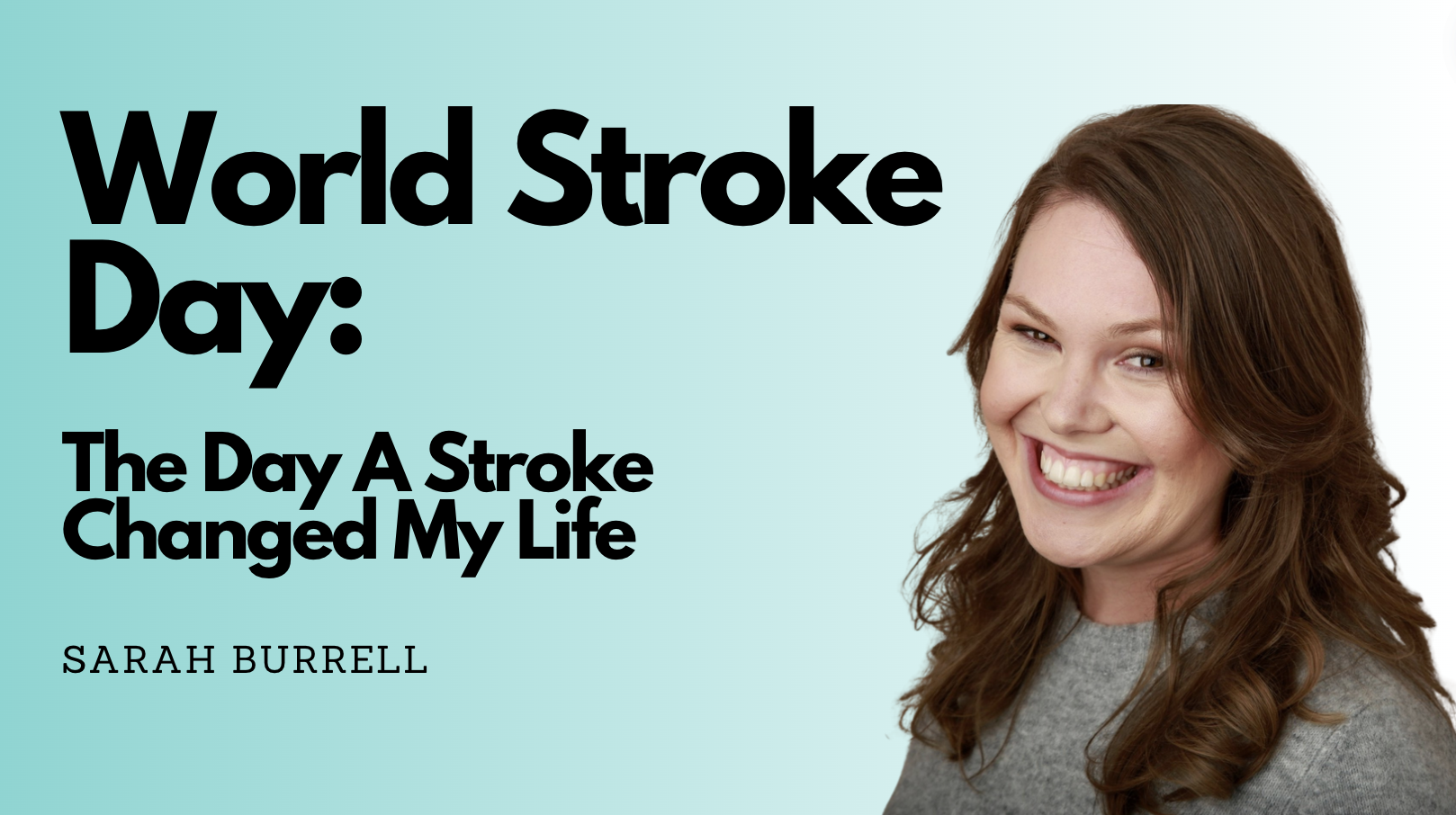When I was three years old my life completely changed.
I collapsed. Suddenly I couldn’t move or speak.
I had had a stroke.
I remember the moments that followed as clear as day. I was blue-lighted to my local hospital – then rushed through the corridors of the hospital – my five-year-old brother sitting on the end of the bed, my parents running alongside. It was then that I had my second stroke. This stroke was more severe, and I got blue-lighted again – at near lightning speed - to a specialist hospital, Guy’s, in London. Little did I know this would become my second home for a while.
The strokes resulted in full paralysis except for my left big toe meaning I could not move or communicate, at least not in the conventional sense. My brilliant, innovative dad created a flip chart with pictures which meant that I could communicate though my toe, ‘wiggle once for yes and twice for no’. This elegant solution enabled me to engage with my parents and the medical staff treating me.
The human brain is truly remarkable and as a young child, my brain had amazing capability to effectively rewire the brain – also known as plasticity. This meant that I was able to regain a lot of function. Rehabilitation was quite quick – that being said it was frustrating having to learn to walk and talk again from scratch – having just gotten the hang of it the first time around.
As a result of the severity of the stroke to my left brain, I live with residual effects in the form of spastic dystonia - strong involuntary spastic movement on the right-hand side of my body and the region of the brain typically associated with the mechanics of speech was completely wiped.
Contrary to what you may think, there is no lower age threshold for having a stroke. Join me as I share my personal experience of living with the impact of having a stroke. We’ll explore the FAST mnemonic that may help you save a life, and how the world can support and shape the experiences of those living with disabilities that can result from a stroke.

